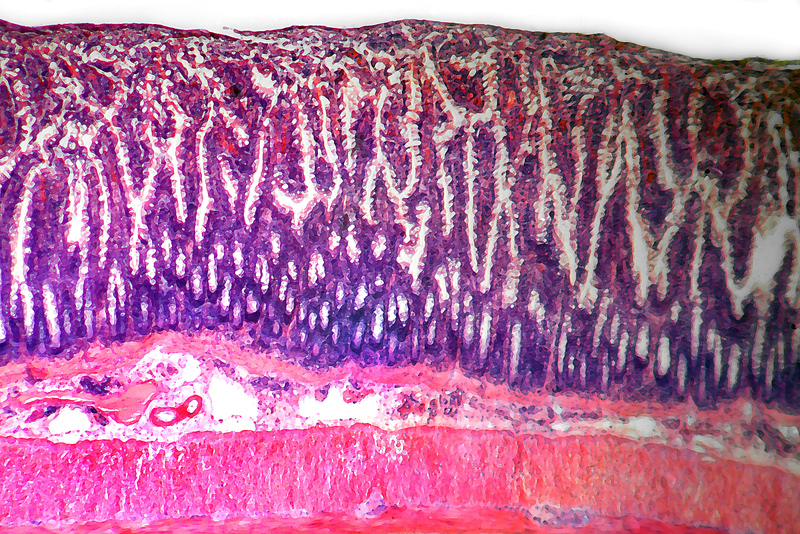
(HealthDay News) — Being an organ donor means you agree to allow your healthy organs and tissues to be donated upon your death to others who need transplants.
In most cases, you can fill out an organ donor card or simply sign the back of your driver’s license to make your wishes known, says the National Women’s Health Information Center.
Anyone under age 18 must have the consent of a parent or guardian to become a donor, notes the center.
Organs and tissues that may be donated include bone marrow, bones, kidneys, heart, liver, lungs, pancreas, intestines and skin.
Being an organ donor will not affect in any way the medical care that may be used to save your life in an emergency, the center says.

